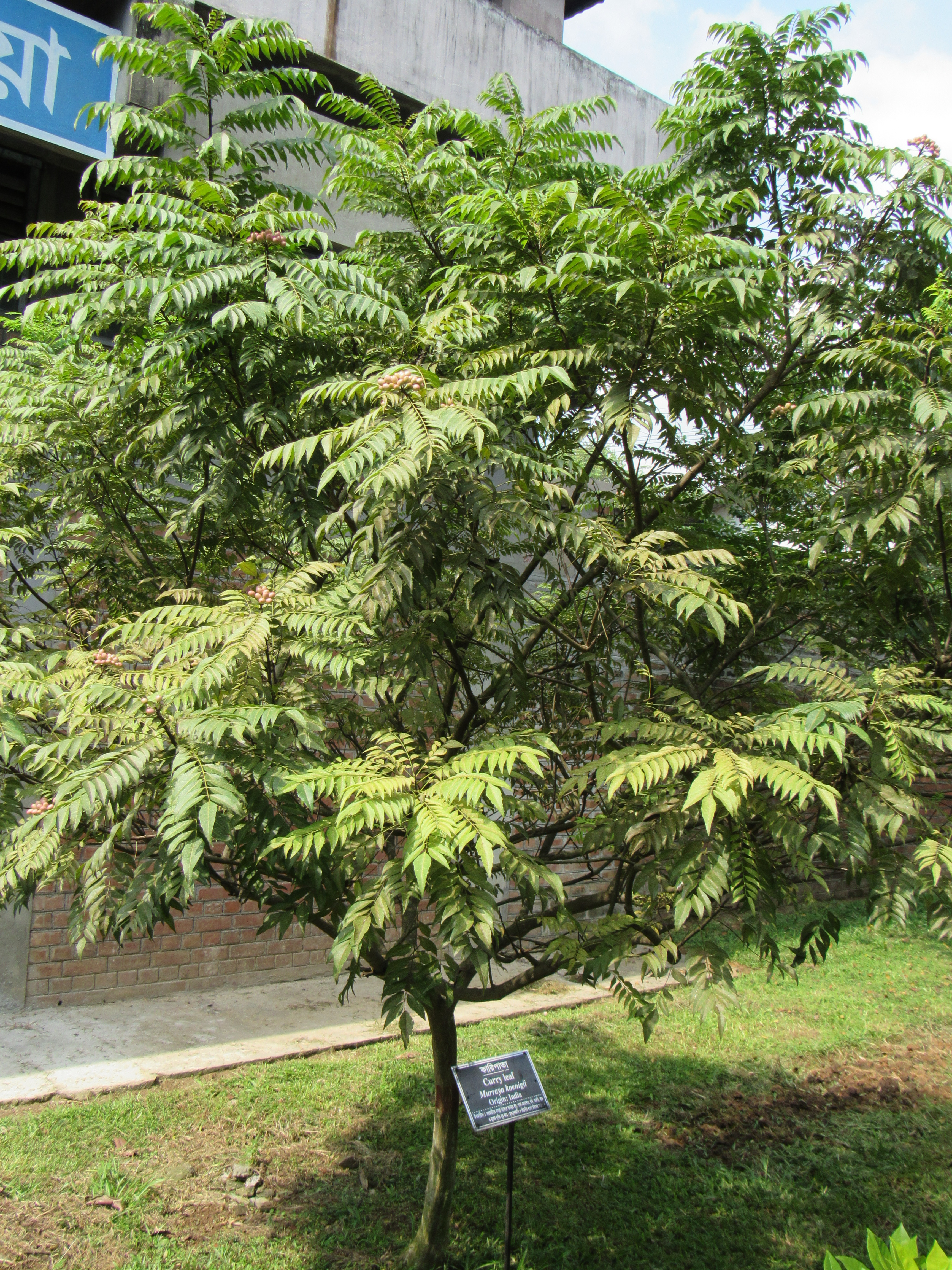~ Video, by Meera Nair ~
It’s hard to browse a bookstore these days without coming across a book of short stories from India or the diaspora. Some such collections may therefore not get all the attention they deserve, and in the case of Meera Nair’s Video, that would be a real pity. It is a remarkable debut.

Every story here is distinct. I often end short-story collections with a vague sense of confusion caused by the sameness of the characters. Was Anil the one in Bombay who had an unhappy wife or the one in the other story who worked in the bank? Was Supriya the one with the mother-in-law problems? Such confusion does not arise in Video, because all the characters have very different personalities and lives. Some are male, some are female, they’re from assorted parts of India and different communities…but most of all, their problems and stories are written with such sharp perception that they remain clearly separated in one’s mind.
One of my favourites was My grandfather dreams of fences, set in South India, about an elderly man who is watching the workers around steal his land, inch by inch. Times are changing, and the unions have more power. The landowner is no longer king. It would be easy to write a one-sided story around this situation, but Nair leaves you with sympathy for all the players: the aging landlord whose world is changing around him, the young boy embarrassed by his grandfather’s oldfashioned attitudes, the workers who have lived there for decades but are dependent on benevolent charity for such basics as access to well water.

(Image courtesy Afifa Afrin, Wikimedia Commons)
The Curry Leaf Tree was another delight. It’s about a young man with an incredible gift of smell, who can lean over a dish of cooked food and tell how much elaichi it contained, or that it needs just a pinch of haldi. (though I had a minor foodie quibble here — for most Indian dishes, you can’t simply add the masalas at the end to make up for omissions at the beginning. They usually need to have been roasted or fried and then simmered with the rest of the ingredients). His wife, in contrast, had no interest in cooking and was generally disinclined to play the obliging Indian wife. In Nair’s hands, both her irritation and his obsession become quite understandable.
One can’t help feeling that magical realism has been done to death in diasporic literature. A couple of the stories here lean in that direction, but they are leavened by straightforward writing. Still, I found those stories less appealing. The Sculptor of Sands, for example, is about a young man who makes glorious sand sculptures that captivate the women of the town, until the jealous men ban his talent. It was nicely written, but didn’t strike me as remarkable and original — I felt that it could have been written by other writers, and set in other places. (Some readers may see this as a positive feature, if they are into mythical, universal writing).

Photographs of villagers warmly welcoming President Clinton on his visit to South Asia in 2000 were beamed around the world. A Warm Welcome to the President, Insh’Allah! is a human and touching story in which the visit is shown from the perspective of a small village in Bangladesh. Excitement builds, banners are put up, people come from miles around, but the ironies of the situation are obvious.
Sixteen Days in December is set against the destruction of the Babri Masjid in Ayodhya, and the resultant riots and curfews acros the country. The narrator’s father died just before she arrived in Hyderabad, and her thoughts about her family and life play against the national situation. It is worth reading more than once.
An occasional story strikes no new notes. Nair’s treatment of child molestation within an extended family in Summer is delicately written, but does not hold any unusual insights.
I said that the writing was straightforward, but it is not plain or in any way boring. Without going into paeans of purple prose, Nair manages to be delicately descriptive, with a gentle humour.
The street barely managed to squeeze between the buildings that lined its length. […] As he walked he greeted the men resting from the heat on the porches, old men who, with the memories of his father still fresh in them, expected him to stop and inquire respectfully about the gout or kidney stones or unemployed son they suffered from.
[from the title story]
The title story won the PEN/Amazon short story competition in 2000 (though it was disqualified later due to a minor technicality). A young man in Karachi watches a pornographic Western video at a friend’s house, and is inspired to ask his wife to expand their sexual repertoire. The consequent situation is entertaining, but also written with empathy and affection, so that none of the characters are stereotypes. The story is written primarily from the man’s point of view; he is torn between his own desire and honest affection and caring for his wife.
The surroundings, whether they be in Scottsdale, Arizona or in Bombay, are not treated as exotic. They form a matter-of-fact background, while the human emotions and behaviour are beautifully detailed in the foreground.
Video, by Meera Nair.Pantheon, New York. 2002.
















Thank you for informing me about the image; I am glad you could make a use of it.
And the blog is well written.